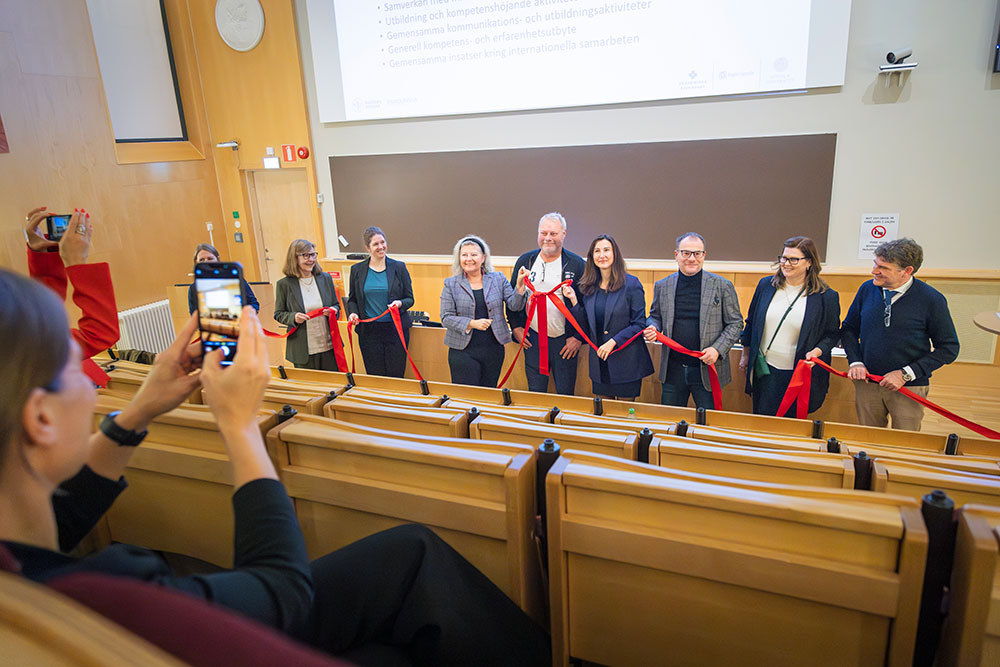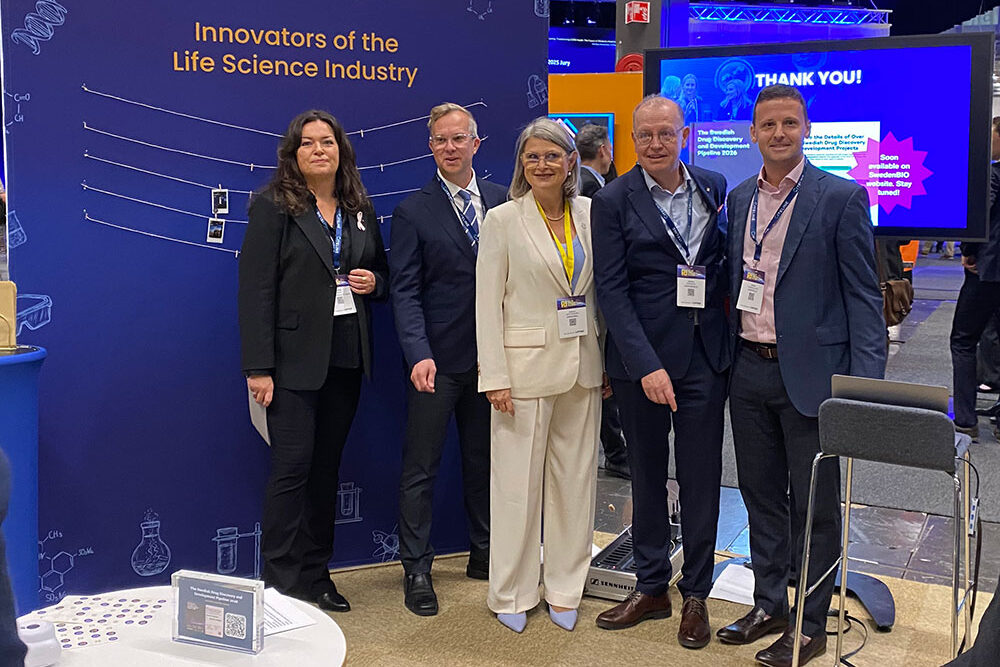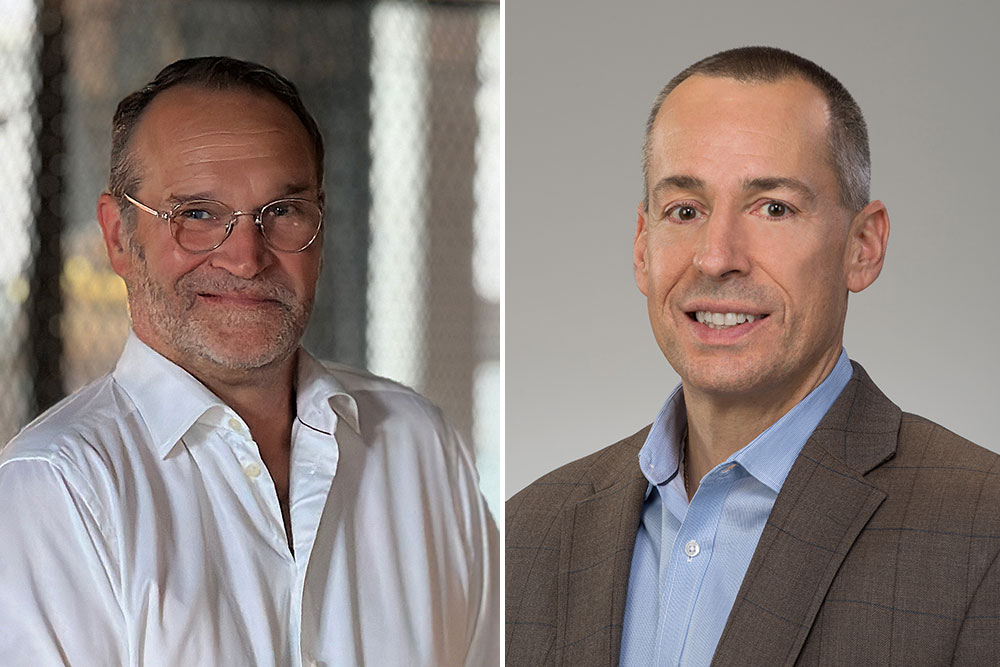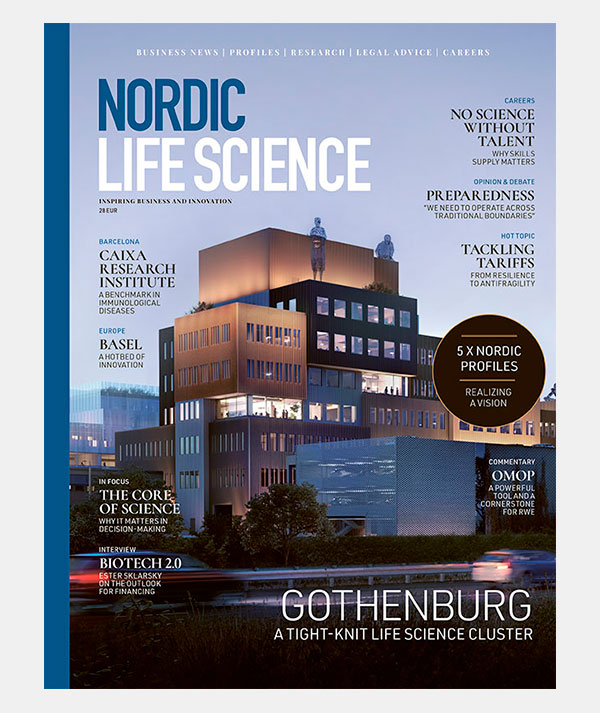Karolinska and Akademiska strengthen collaboration on advanced drug therapies

Karolinska ATMP Center and ATMP Center Uppsala have signed a letter of intent to deepen cooperation in the rapidly growing medical field of advanced therapies (ATMP), which includes medicines based on cells and genes.
The purpose of the collaboration is to strengthen the joint capacity and competitiveness in the Stockholm-Uppsala region.
The new letter of intent builds on the previous agreement to strengthen the joint life science cluster in the Stockholm-Uppsala region. The long-term goal is to position the region as one of the world’s leading life science regions. The initiative was launched at a kick-off event in Uppsala on 24 October, attended by Helena Proos (S), Chair of the Regional Board in Uppsala, and Aida Hadžialić (S), Financial Region Councillor in Stockholm.
“Advanced therapies open the door to new treatment options for patients with serious diseases, where traditional methods are not enough. For example, our manufacturing at Karolinska is an important link between research and clinical use. Through this collaboration, we improve the possibilities to scale up and reach more patients with new treatments,” says Knut Steffensen, Director of the Karolinska ATMP Center.
Focus areas for cooperation
Karolinska ATMP Center and ATMP Center Uppsala have decided to deepen their collaboration on the development and production of advanced therapy drugs, including their own production of CAR-T treatments, as well as the implementation of clinical trials and treatments. The collaboration also includes joint training efforts and the exchange of knowledge and experience. The parties also focus on strengthening international partnerships and collaborating with micro, small and medium-sized enterprises (SMEs) to promote innovation and growth in the ATMP area.
“The Karolinska ATMP Center, together with the Uppsala ATMP Center, has a strong foundation to stand on in advanced therapies to research and develop the next generation of applications for patients who previously lacked alternatives. Through deeper collaboration, we strengthen our joint capacity, which is significant both regionally and nationally. It is an important piece of the puzzle in building a long-term sustainable and internationally competitive platform for advanced therapies and which means that more patients in Sweden have access to world-leading research and innovative treatments,” says Christophe Pedroletti, Hospital Director at Karolinska University Hospital.
This article has been translated to English with Google Translate
Published: October 29, 2025











